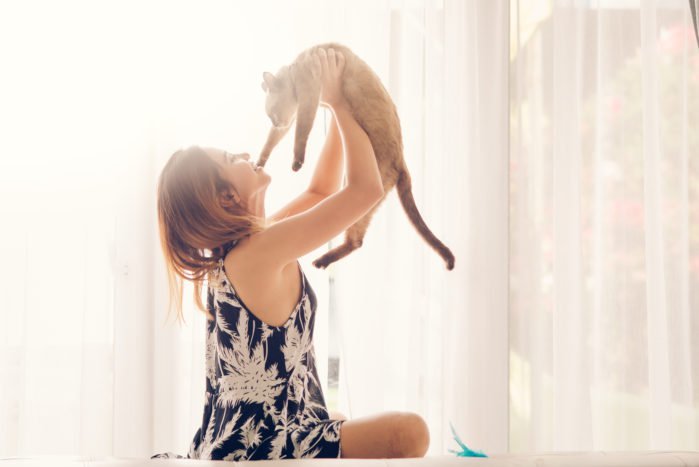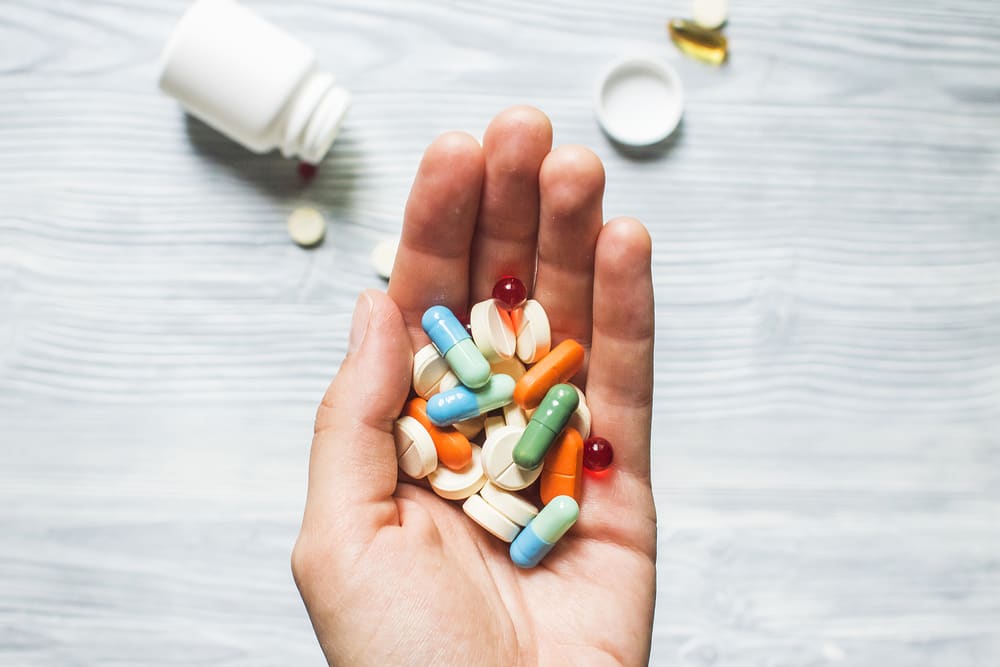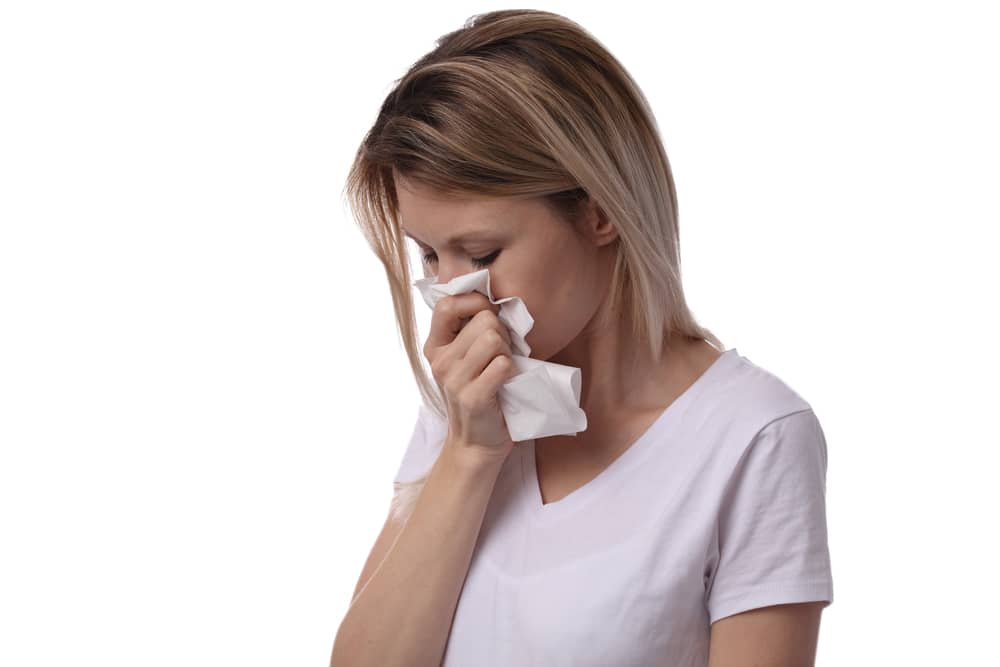Contents:
- Medical Video: 12 Signs Your Pet is Crying for Help
- Pets get sick from the disease you are transmitting
- Some human "disease" diseases that can be transmitted to animals
- What can be done to prevent transmission of disease from human to animal?
Medical Video: 12 Signs Your Pet is Crying for Help
Generally, it is animals that mediate the spread of disease in humans. For example, rabies, mad cow, toxoplasmosis, and other infections. But in fact, pets at home can infectious diseases that you have. Why, how come pets can get sick because of us?
Pets get sick from the disease you are transmitting
In addition to the risk of transmitting to fellow humans, you can also make pets sick if the disease is not treated. Why?
A number of diseases that commonly affect humans are caused by infections of bacteria, viruses, parasites, fungi, and other microorganisms. These diseases can spread through air, touch, and also through water / liquid particles that come from the body such as saliva, urine, feces, phlegm, saliva, and blood.
Well, chances are that you are still taking care of and playing with the Sweetie even though you are sick at home, right? This interaction can cause pets to get sick too. In the medical world, transmission of infection from human to animal is called reverse zoonosis.
In addition to at home, cases of transmission of disease from humans to animals are also vulnerable to occur in wildlife parks, zoos, animal adoption sites, and wildlife breeding centers.
Some human "disease" diseases that can be transmitted to animals
Pet cases of illness due to contracting from a human employer include rare, but not impossible. The most common types of diseases transmitted from humans to animals are generally bacterial infections, such as MRSA (antibiotic-resistant bacterial infections), tuberculosis, and parasitic infectionsDuodenal Giardia,especially in dogs. TB infection from humans can even spread to elephants.
Meanwhile, cats in particular are reported to be at risk of contracting influenza infections from employers who have already contracted the common cold or bird flu (H1N1). Complications of H1N1 flu in cats can risk causing deadly pneumonia.
But of all animals, gorillas and chimpanzees are probably the most vulnerable group of animals to transmitting diseases from humans. Because the two primate animals have similar genetic and physiological arrangements that are almost identical to humans. Gorillas and chimpanzees are known to be susceptible to a number of human diseases, such as measles, pneumonia, influenza, and various other common viral, bacterial and parasitic infections.
Uniquely, animals that contract certain diseases will show symptoms of the same disease as humans. For example the case of a Yorkshire terrier dog who contracted tuberculosis from his employer. The three-year-old dog has common TB signs and symptoms such as decreased appetite which leads to anorexia, vomiting, and until breathing problems such as persistent coughing.
What can be done to prevent transmission of disease from human to animal?
Diseased pets have the potential to become intermediaries for the spread of increasingly widespread diseases. However, this risk can be prevented by maintaining personal hygiene when sick (for example, closing your mouth when coughing or sneezing, and not throwing saliva carelessly), minimizing direct contact with both humans and animals when sick, and maintaining cleanliness and health of pets at home .
Always wash your hands with soap and running water when interacting with animals, both before and after touching them, after cleaning the stool and the cage, also before and after feeding.
Don't forget to routinely get disease vaccines, both for yourself and family members at home and special vaccines for pets at the nearest veterinarian.













